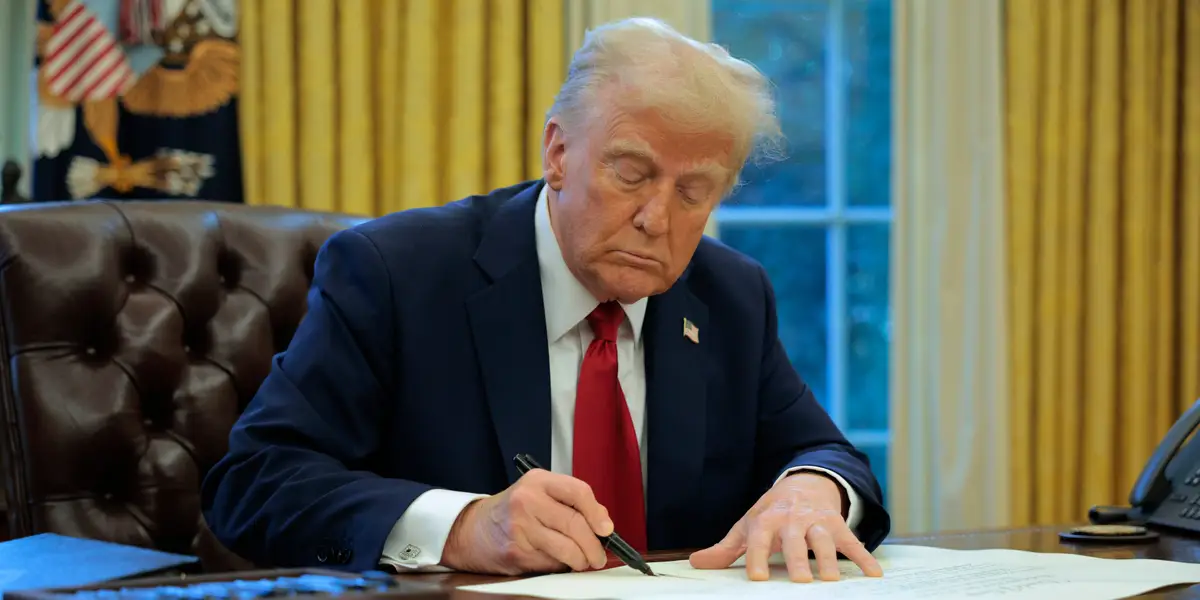President Donald Trump has unveiled a sweeping executive order that would allow private equity and even cryptocurrencies to be included in 401(k) retirement plans. The move marks a dramatic shift in how millions of Americans could be investing for their future, opening the door to financial products that have traditionally been reserved for wealthy and institutional investors.
The order directs the Department of Labor to rewrite fiduciary guidelines and asks the Securities and Exchange Commission to modernize rules governing investment options in workplace savings accounts. The administration argues that this will “democratize” access to higher-growth opportunities beyond the traditional mix of stocks, bonds, and mutual funds.
Supporters See Opportunity
Advocates of the change say private equity investments, real estate, and digital assets can offer stronger long-term returns and better diversification. They argue that everyday workers should have the same opportunities to access higher-yield assets as large institutions and wealthy individuals.
Industry groups have also expressed optimism that these changes could spur innovation in retirement products, creating new funds tailored to a broader range of investors.
Critics Warn of Major Risks
Despite the potential upsides, critics warn that private equity and similar investments come with serious downsides. These products often charge high fees, operate with limited transparency, and require long lock-up periods, meaning investors may not be able to access their money when needed.
Traditional 401(k) funds typically offer daily liquidity and relatively low costs, while private equity funds may lock investors in for years and take significant cuts of any profits. Consumer advocates fear that exposing retirement savers to such risks could erode financial security, especially during market downturns.
Legal experts also caution that fiduciary responsibilities remain unchanged. Employers and plan administrators could still face lawsuits if they offer risky investment options that end up harming workers’ retirement savings.
What Comes Next
The executive order is only the first step. Regulators are expected to issue new rules in the coming months, and it may take years before investment firms roll out private equity or cryptocurrency products within 401(k) accounts.
In the meantime, retirement savers are left with questions: Will these new options truly strengthen financial futures, or will they expose millions of Americans to risks they cannot afford to take?
For now, the debate highlights a core tension—between expanding choice and protecting savers from investments that may be better suited for Wall Street than Main Street.
















Leave a Reply